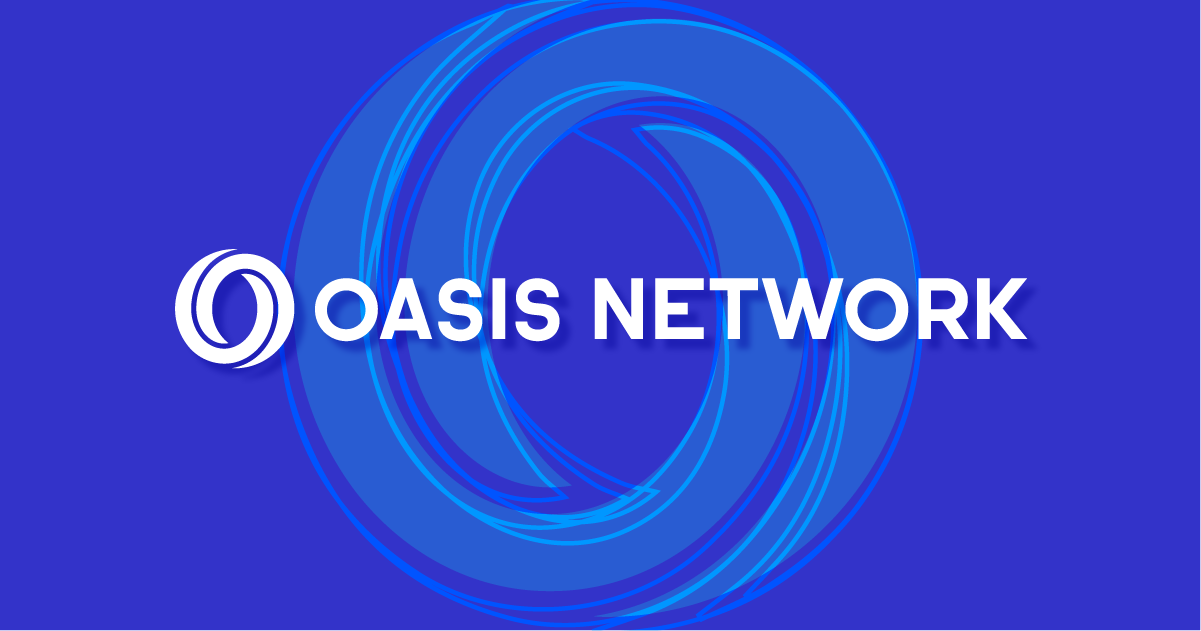The crypto space is crowded with projects promising to revolutionize various industries—from finance and art to real estate and AI. However, few of them address one of the biggest challenges we’ll face in the coming years: privacy. As technology advances, our privacy diminishes, and while many of us may not mind if a big tech company knows our favorite TV shows or meals, the broader implications are alarming. Imagine a giant corporation or government having access to intimate details about millions of people and using that information for its gain—it’s a scenario that could easily be the plot of a Hollywood thriller.
Fortunately, Web3 and blockchain technology offer solutions to this growing concern. In this article, we’ll focus on one such solution: Oasis Protocol (ROSE).
What is Oasis Protocol?
Oasis Protocol is a privacy-first, layer-1 blockchain network that supports decentralized finance (DeFi), data tokenization, and Web3 applications. It aims to offer more scalable and privacy-enhanced solutions compared to traditional blockchain systems. Below are some of its key features:
Privacy-First Design
Oasis Protocol prioritizes privacy protection by enabling private smart contracts and confidential computing. It achieves this by separating the consensus layer from the ParaTime layer. This division allows developers to build confidential smart contracts, ensuring that data processed within these contracts remains private, even from validators.
Layered Architecture
Oasis uses a unique, layered design:
-
Consensus Layer: A highly scalable, secure, and decentralized proof-of-stake consensus algorithm that ensures the network’s integrity.
-
ParaTime Layer: A flexible execution environment that allows multiple parallel runtime environments (ParaTimes) to operate simultaneously, increasing throughput. ParaTimes can be customized for specific use cases, including both confidential and non-confidential computations.
Scalability
The separation of the consensus and execution layers allows for parallel transaction processing, which enhances scalability. This design helps the network handle more transactions per second while keeping fees low.
Privacy for Data Tokenization
Oasis enables data tokenization, allowing individuals and organizations to maintain control over their data. Users can monetize their data while ensuring its privacy through confidential smart contracts. Thanks to the protocol’s privacy-preserving features, data owners can share insights from their data without exposing the raw data itself.
DeFi Capabilities
While Oasis is primarily privacy-focused, it also supports DeFi applications. It provides developers with the tools to build scalable and secure decentralized finance platforms. Oasis sets itself apart in the DeFi space by allowing private transactions and secure data sharing.
Oasis Network Token (ROSE)
ROSE is the native cryptocurrency of the Oasis Protocol. It’s used for staking, paying transaction fees, and securing the network through delegation. Holders can also participate in governance by voting on protocol upgrades and other key decisions.
Partnerships and Ecosystem
Oasis has formed several partnerships to grow its ecosystem. One notable collaboration is with Meta (formerly Facebook), where they are exploring privacy in AI and machine learning using the Oasis platform.
The Sapphire Network
Recently, Oasis Protocol launched the Sapphire Network, a network focused on integrating privacy into applications built on Ethereum and other EVM-compatible chains. One of the standout features of Sapphire is its Confidential Smart Contracts, which allow developers to build contracts that execute in a confidential environment. This ensures that data processed within the contract—such as user inputs and contract states—is hidden from external parties, including validators and the general public.
The Role of the ROSE Token
The ROSE token plays a central role in the Oasis ecosystem. It’s used for securing the network, paying transaction fees, and participating in governance, similar to other layer-1 protocols. Oasis has also integrated liquid staking, allowing token holders to earn rewards while maintaining liquidity. If user-friendly DeFi applications are built on Oasis, it could become a significant player in the DeFi space.
The Future of Privacy
Privacy will be crucial in the future, as it is essential for individuals to feel secure and free from invasive surveillance or data theft. The team behind Oasis Protocol appears committed to innovating in this space. Only time will tell how far the project will go, but its focus on privacy positions it well for future success.



















Leave a Reply